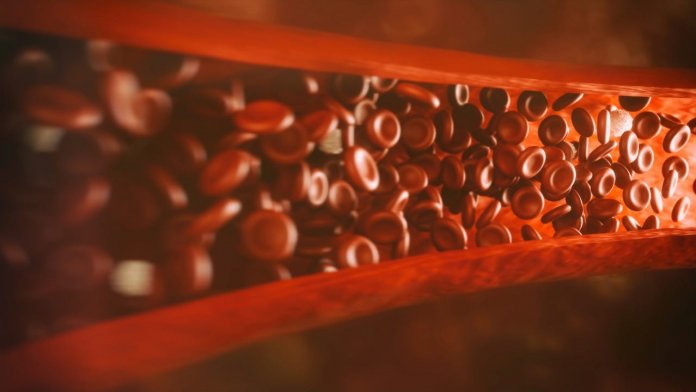Table of Contents
What You Know And Don’t Know About Anticoagulant Medications
Anticoagulant Medications You are chopping onions for dinner, and the knife slips. anticoagulant therapy you are bleeding, so you put pressure on the wound. You notice that the blood stops after a while, so you grab a Band-Aid and breathe a sigh of relief.
Human Body
The process of blood thickening or “clotting” is vital to the human body. Clotting becomes problematic, however, when it is unnecessary. Some people, due to various health conditions, are more at risk for developing blood clots that can lead to a stroke, heart attack, or embolism.
Anticoagulants
People at risk for developing blood clots are often given anticoagulants. These medicines are also known as blood thinners, although they do not make the blood thinner. They slow clot formation by competing with Vitamin K. This inhibits the circulation of certain clotting factors in the body.
Anticoagulant therapy blood thinners are prescribed for blood vessel and heart disorders, abnormal heart rhythms, heart valve replacement, after surgery, and congenital heart defects.
Keep reading to learn more about this vital medication and how it works.
Types of Anticoagulants
anticoagulant drugs the most commonly prescribed anticoagulant is warfarin. There are newer drugs on the market as well. These include:
- dabigatran (Pradaxa)
- apixaban (Eliquis)
- edoxaban (Lixiana)
- rivaroxaban (Xarelto)
Anticoagulants are administered in oral form or by injection, which is typically done in the hospital. Further the type of medication prescribed depends on the condition it is treating.
Side Effects and Usage
Anticoagulant Medications There is always the risk of side effects when taking any medication. With blood thinners, the most severe side effect is that you could bleed too easily. Moreover all side effects should be reported to your doctor. Anticoagulant Medications further here are some of the most common side effects of anticoagulants:
- Stomach upset
- Loss of appetite
- Bloating
- Diarrhea
The following side effects are dangerous, and should be reported to your doctor immediately:
- Blood in the urine or stool, or dark stools
- Bleeding of the gums
- Frequent nosebleeds
- Easy bruising
- Itching or hives
- Vomiting of blood
- Back pain
Anticoagulant Drugs
Further It is essential to take anticoagulant drugs exactly as prescribed. You should tell your doctor as well as about foods, vitamins, medicines, and alcohol you are consuming, as these can all have interactions. Moreover blood tests should be conducted often to show how your blood is clotting. Further your doctor will need to determine that you are taking the right amount of medication. You’ll need to take just enough to prevent clots, but not so much that you have bleeding.
Vitamin K and Blood Thinners
Anticoagulant therapy is important as well as to consult your doctor about your vitamin K intake. Increasing or decreasing as well as your vitamin K intake could impact the effectiveness of your medication or result in increased side effects. Be mindful of the consumption of the following foods, which could increase your vitamin K levels:
- Kale
- Spinach
- Brussels sprouts
- Parsley
- Collard Greens
- Mustard Greens
- Endive
- Red Cabbage
- Green Lettuce
- Chard
- Green tea
- Grapefruit juice
- Cranberry juice
Anticoagulants and Natural Blood Thinners
Further Some foods and supplements have blood-thinning effects. They should be avoided while taking anticoagulants because they can increase the risk of bleeding.
- Garlic
- Ginkgo biloba
- Ginger
- Curcumin or Turmeric
- Vitamin E
- Cayenne Peppers
- Cassia Cinnamon
- Grape seed extract
- Dong Quai
- Feverfew
- Bromelain
Living Well While Taking Blood Thinners
Anticoagulant Medications You can still lead an active and healthy lifestyle while taking blood thinners. Eating a balanced diet, exercising, and managing stress are all vital components to living well while taking medication.
Anticoagulant drugs there are also precautions that you should take when taking anticoagulants. If you participate in sports, they should be low-risk and not have the potential for scrapes, cuts, or bruising. When bicycling or rollerblading, be sure to wear a helmet and use knee/elbow pads. For dental care, a soft-bristled toothbrush and wax-coated floss are recommended. When you trim your fingernails and toenails, use caution. Avoid trimming calluses and corns, and do not walk barefoot.
Further for more tips on healthy living, be sure to check out the lifestyle section of our website.


